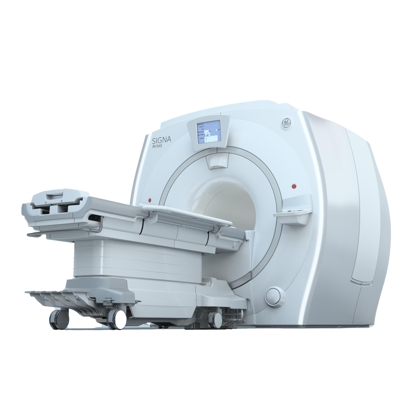Know the signs and risk factors for esophageal cancer
- Category: News, Surgery, Cancer Care, Gastroenterology
- Posted On:

Knowing the symptoms and risk factors for esophageal cancer can help detect the disease in its earliest stages, when treatment options tend to be more effective, advise physicians at Hendrick Health.
The esophagus is the tube that passes food and liquid from the throat to the stomach. According to the American Cancer Society, two main types of cancer can develop in the esophagus. Adenocarcinoma, in which malignant cells develop in the glands in the lower third of the esophagus near the stomach, is the first type. The second is squamous cell carcinoma, which frequently develops in the esophagus near the neck and upper two-thirds of the chest cavity.
Cancer in the esophagus accounts for approximately 1% of all annual cancer diagnoses in the United States. Symptoms can include difficulty swallowing, chest pain or burning, worsening indigestion, chronic cough or hoarseness, vomiting blood, black stools and weight loss without trying.
“Acid reflux is probably the most prominent risk factor for developing esophageal cancer in your life,” said Dr. Benton L. Brown, a general surgeon at Hendrick Health. “And, taking a daily reflux medication can increase the risk. So, doing something like a surgery to stop the acid from coming up on you actually does wonders in not just fixing your reflux symptoms but also preventing the development of esophageal cancer.”
Other risk factors include tobacco and heavy alcohol use, Barrett’s esophagus, being overweight or obese and HPV infection.
Treatment options of surgery, chemotherapy or radiation therapy depend on the localization of the cancer. And, immunotherapy that has shown promising results in other solid cancers is being explored as a treatment.
Hendrick Health physicians Drs. Brown, Chukwuemeka Ezeoke, and Victor Reis offer more information on detecting and treating esophageal cancer in this brief video.
Click here to learn more about Gastroesophageal Reflux Disease (GERD) and how to prevent it.



